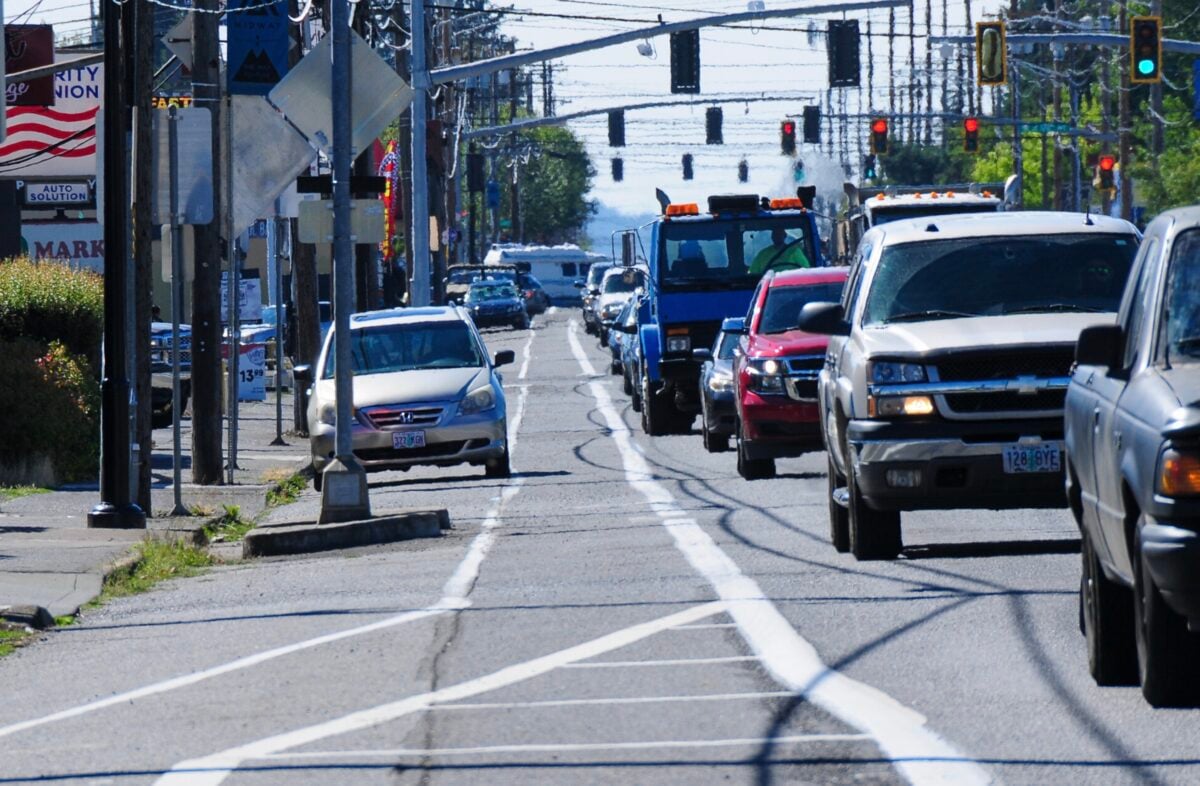
(Photos: Jonathan Maus/BikePortland)
2020 was a horrible year on Portland roads. Depending on how you count*, somewhere between 54 and 58 people died on our streets. 34 of the 56 people on our list of fatalities were not inside a car when they were killed: Five bicycle riders, eight motorcycle riders, 19 people on foot, and two people who were asleep adjacent to the roadway.
This is a crisis, yet I worry we have become complacent to the carnage. In order to end this nightmare we must accept responsibility and build the urgency required to do more, faster. Unfortunately, the agency in charge of keeping our roads safe has been more interested in protecting their reputation than protecting our lives.
Advertisement
On January 6th, the Portland Bureau of Transportation released a statement about the 2020 traffic toll. The headline read: “PBOT urges public to focus on wellness, caution as Portland sees a 24-year high number of people die in traffic crashes.” I was shocked when I read this — not because of the historic number but because it sounded like nothing more than “thoughts and prayers”.
PBOT filled the statement with a number of excuses about why so many people died: “Excessive speed and impairment,” “Alcohol consumption, as well as rates of anxiety and depression,” “Covid-19,” “Risky driving behavior,” “People driving are fatally crashing into fixed objects.” A PBOT spokesperson told The Oregonian that the steep 2020 tally, “Actually represents a decline in the death rate on our streets,” because our population has gone up so much in the past two decades.
This is an attempt to sanitize bad news. Besides that, the more important metric is vehicle miles traveled (not population growth), which was actually way down this year due to the pandemic, making the high death toll — and disrespectful PR spin — even more unacceptable.
Advertisement
Former PBOT Commissioner Chloe Eudaly was asked by Oregon Public Broadcasting in late December to reflect on her time as bureau leader. “I know people like to criticize Vision Zero and think that it’s a failed program because we haven’t seen a dramatic reduction in traffic fatalities,” Eudaly responded. “But half of our fatalities are happening on ODOT facilities. We have no control over those roadways.” This claim not only deflects responsibility, it’s also false. According to PBOT’s own analysis, over the past five years an average of 34% of Portland traffic deaths happened on state-owned roads.
This is not the right tone and not the type of leadership we need from a city that has adopted Vision Zero.
Vision Zero means zero excuses. It means accepting responsibility and a commitment to the difficult, systemic changes necessary to prevent people from dying — even when they behave recklessly. Transportation departments have a long history of blaming human behavior for road deaths. They want to have it both ways: At ribbon-cuttings they tell us road designs change behaviors, but when the bodies pile up suddenly there’s just nothing they can do to prevent it.
When I shared PBOT’s year-end statement with Leah Shahum, executive director of Vision Zero Network (of which PBOT is a member), she gave credit to PBOT for their safety work, “But given the overall troubling and tragic numbers of traffic deaths and severe injuries citywide,” Shahum said, “it seems clear that this approach to prioritize safety over speed needs to be spread fully and systematically across the city to make life-saving changes… safe mobility for all will take a paradigm shift.”
Advertisement
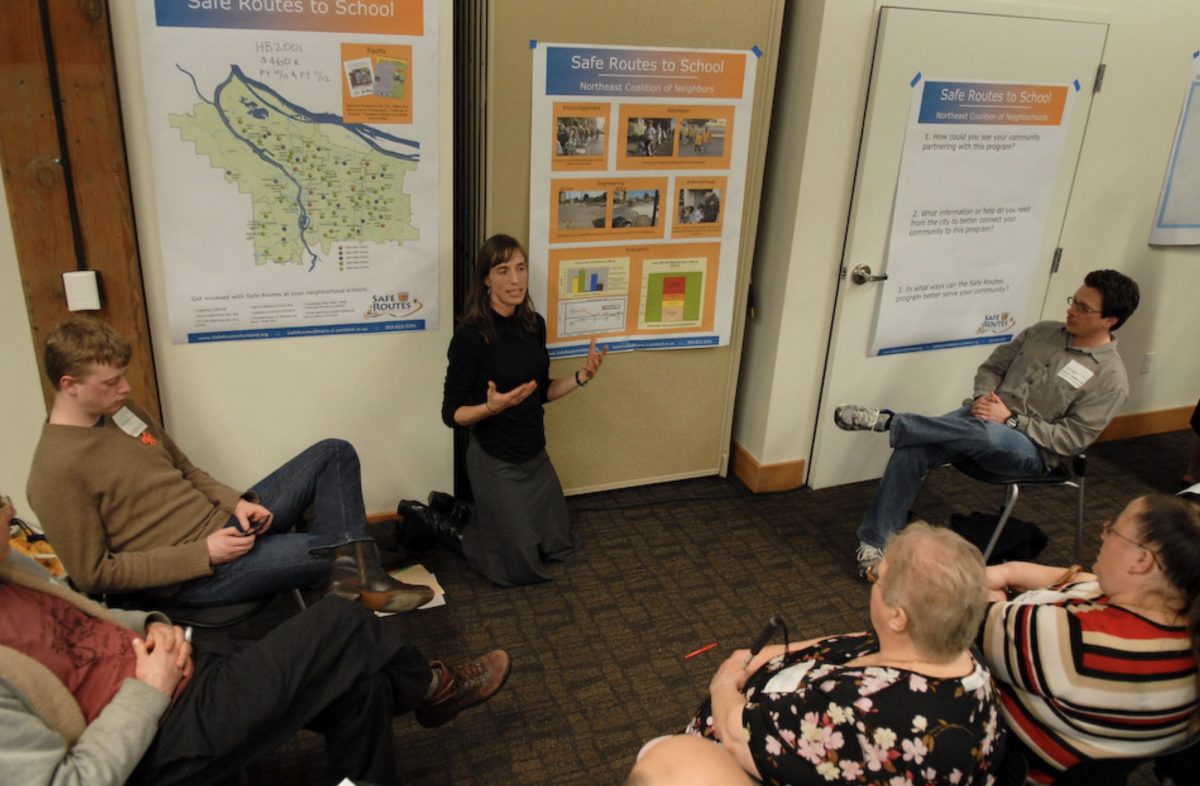
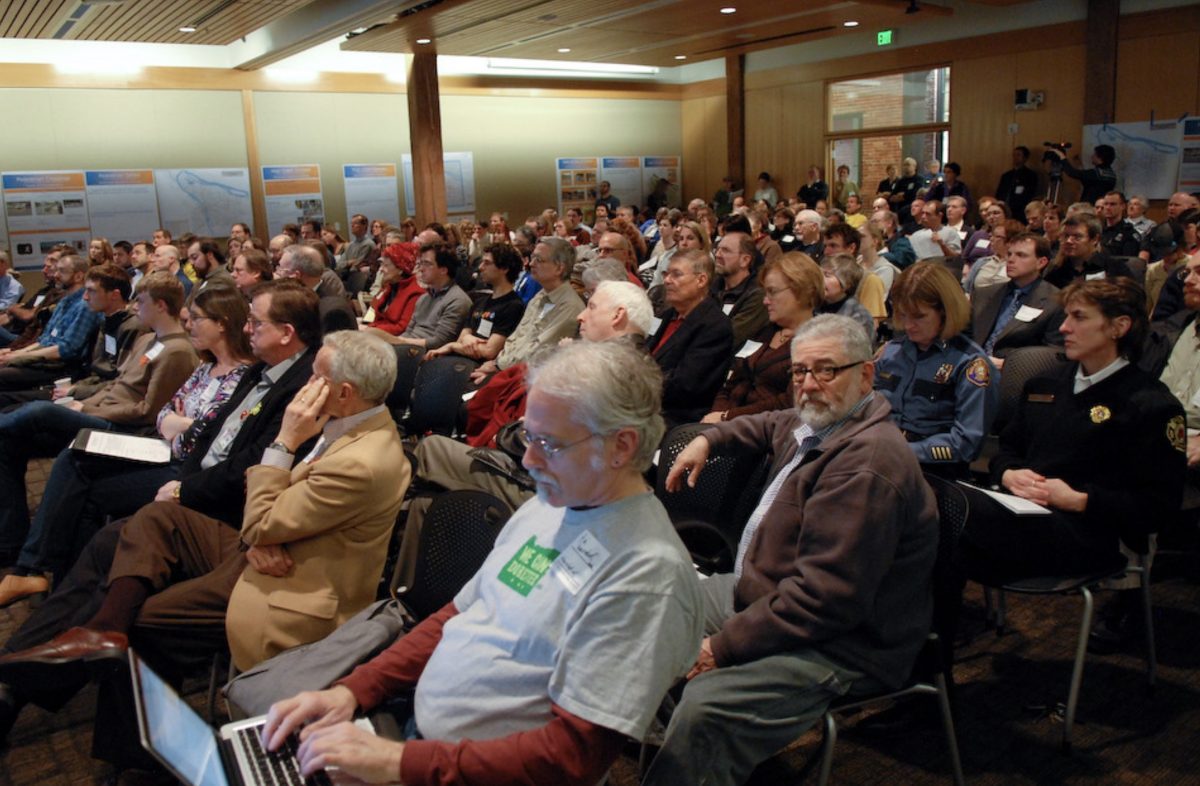
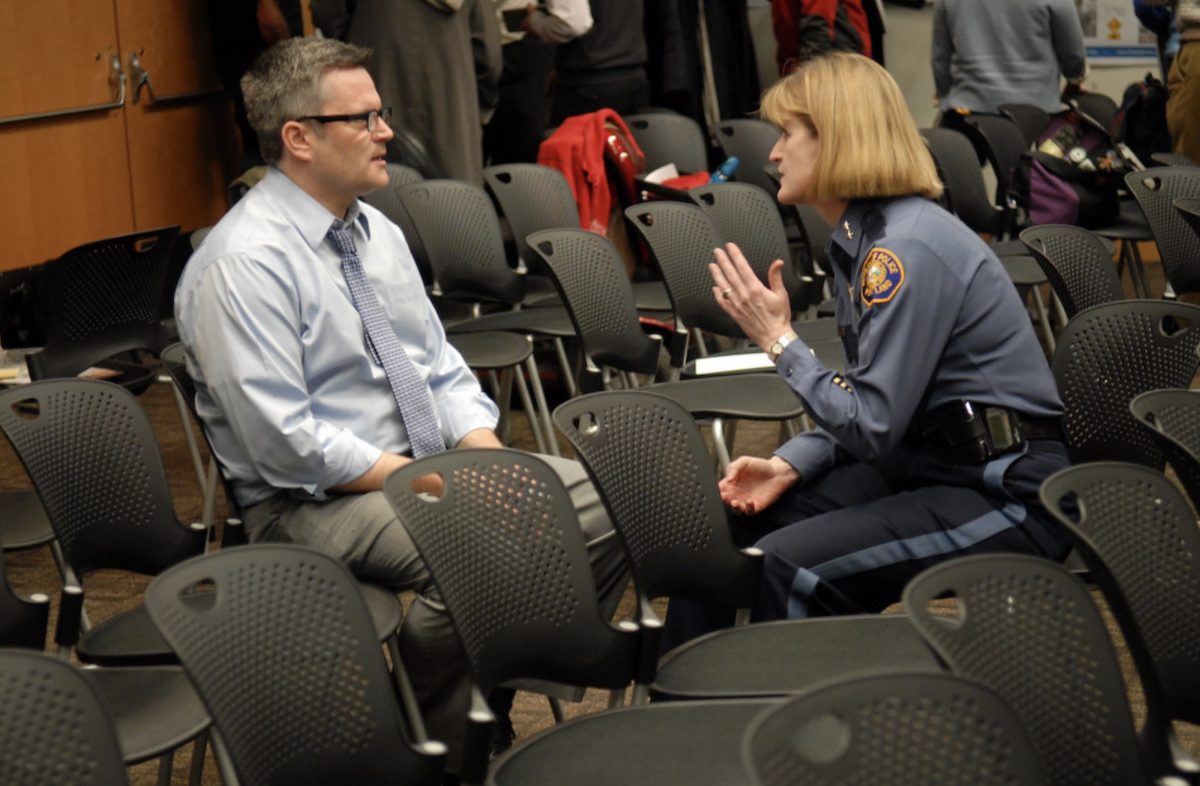
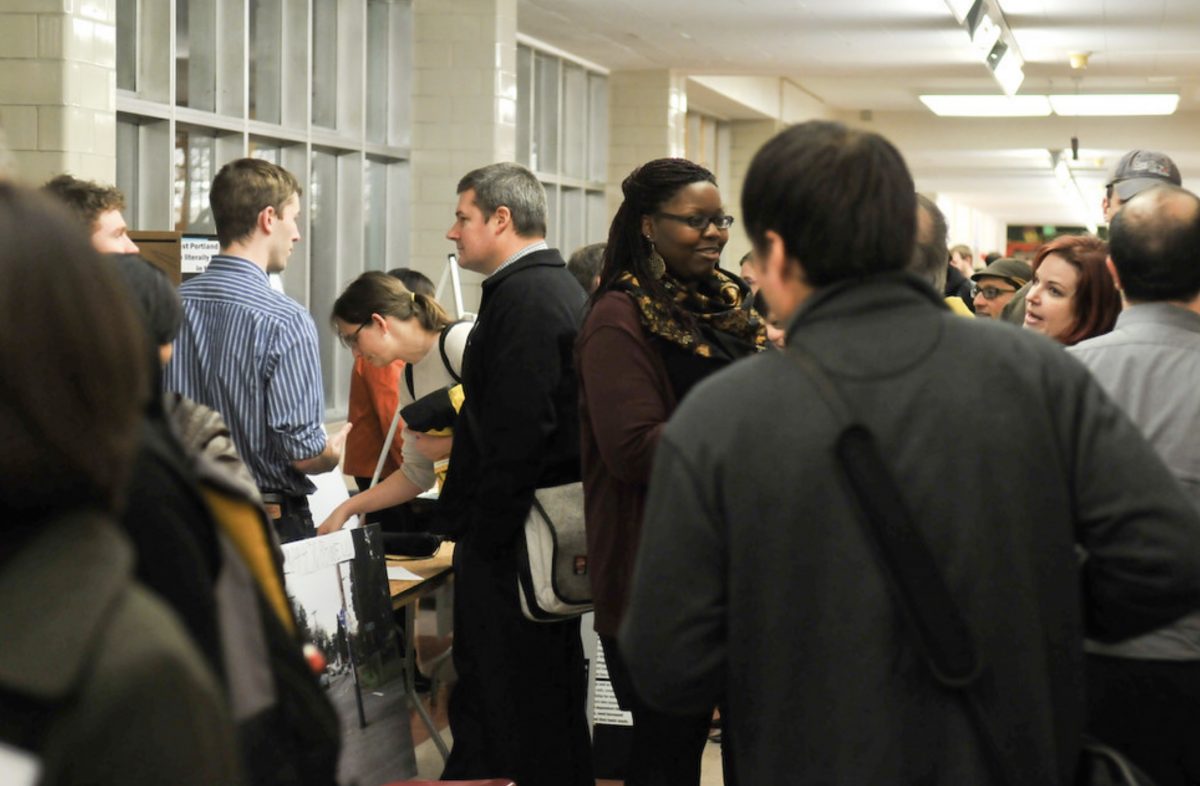
10 years ago, long before Vision Zero came to town, things felt much different around this issue. We were hitting record low numbers of traffic fatalities and we had a mayor and PBOT commissioner who unequivocally prioritized traffic safety. Anyone remember the annual Transportation Safety Summit? These were important events that had a positive impact on the community and traffic culture in general. We should bring them back.
PBOT is doing some good things from a policy and project perspective. But it’s not nearly enough. As climate change activist Bill McKibben wrote in 2017, “Winning slowly is the same as losing”. When we win slowly in traffic safety work, more people die.
We are scared to walk and bike on our roads. We are grieving the loss of loved ones. We want progress, not excuses.
*Not all deaths that happen on the street are technically considered “traffic deaths” according to federal definitions, which is why my number (56) differs from the City of Portland (54) and the Portland Police Bureau (58).
— Jonathan Maus: (503) 706-8804, @jonathan_maus on Twitter and jonathan@bikeportland.org
— Get our headlines delivered to your inbox.
— Support this independent community media outlet with a one-time contribution or monthly subscription.


